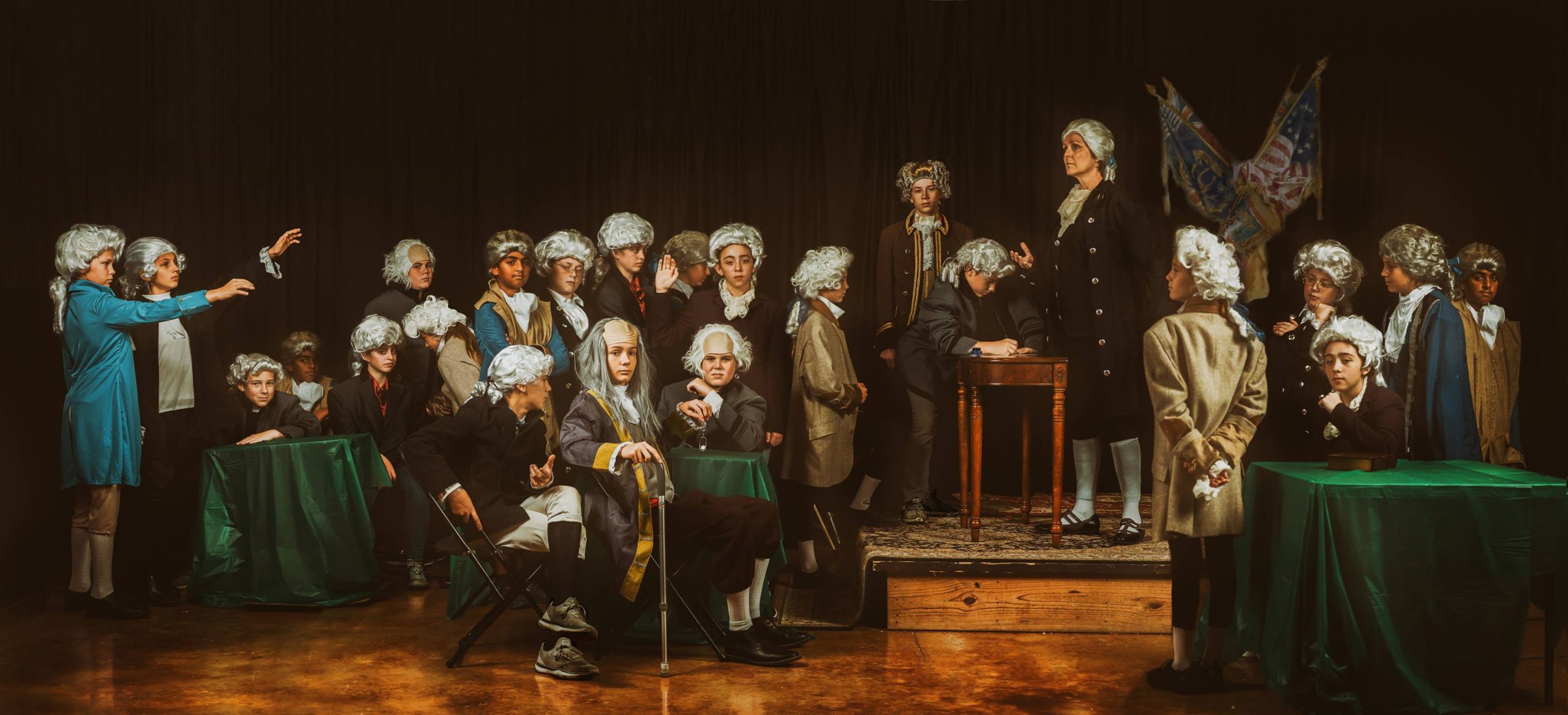Distinctly Classical
Until around 1900, all American schoolchildren were classically educated. Classical education is not a new way. It’s a return to an old one—one that is rich and that works. Classical education is like a Texas turnaround that sends us back to the place we meant to be all along. It is a return to education that makes sense based on a child’s development, a Christian parent’s hopes for their child, and the results it produces.
“The end then of learning is to repair the ruins of our first parents by regaining to know God aright, and out of that knowledge to love him,
to imitate him, to be like him.”
–John Milton–
It’s practical. Classical education equips students to know they are created for a purpose, to navigate the unique challenges of culture, and to fulfill their calling in the framework of a biblical worldview–which Scripture calls “paideia.” A truly educated person learns more than information and can do more than take tests. They develop strong character. They possess the tools to think clearly, listen carefully, and speak persuasively. Classical education prepares students with real-world skills—for a lifetime. (See the results of Google’s company survey on skills of successful leadership in their company).
It’s proven. Classical education draws on a time-tested 2500-year old tradition of education in the liberal arts. By “liberal,” we mean “liberating”–an education for a free people. The world’s greatest thinkers, scientists, and artists, including Plato, Aristotle, Dante, Kepler, da Vinci, Galileo, Dante, Newton, Shakespeare, and America’s founding fathers, were all educated liberally—to live as free people. We do not need to try the next best educational trend to know what works. Classical education has proven itself over time and offers our students the best of a rich inheritance of learning in math, science, history, literature, language, philosophy, and theology. (See 7 Life Outcomes of Classically Educated Students.
It’s purposeful. Classical education addresses students as whole people. We view children as God’s image bearers, which makes them glorious. We also see them as fallen, which places them in need of God’s saving grace. In keeping with this biblically sound anthropology, we teach the wisdom of the ages through the classical liberal arts and languages in order to form a human soul. Our students learn how to learn and cultivate a love for the truth, found ultimately in the Gospel in the person of Jesus Christ. (See this TED Talk, “What if Everyone Had a Classical Education?”)
Further Reading:

